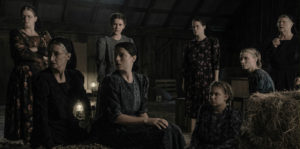
Where are the men? The ladies certainly have a lot of time on their hands to meet and strategize for hours on end. Women Talking very much deliberately keeps the evil in the shadows, just off-screen, never bothering to explain what they’re up to while their wives plan their potential demise. The ending in particular, which – spoiler alert! – involves hordes of women packing up their s**t and bailing, begs the question: where the f**k are they? Here’s a more controversial one: if the men are so despicably wicked, how come one of the women, Melvin (August Winter), wants to be one so badly? She only speaks when addressed by her male name; gender pronoun ideology manages to sneak its way into the most remote of colonies.
Also, what’s this community about? They make the Amish seem positively advanced. Most of the women can’t read or write and are unaware of where they are, as there are no maps. Perhaps none of this is to be taken literally, but even as a pseudo-allegory, it’s half-baked at best. Is this f****d-up little ecosystem supposed to be a reflection of our “patriarchal society?” Is this a vision of human beings stripped down to their most primal instincts, which then, according to Polley, happen to be rape for men and survival for women? Good allegories don’t make you question their nature. Some very real and very serious issues are immersed into abstract paintings.
One can’t fault the production team for making the most of the single-location barn. Cinematographer Luc Montpellier’s desaturated shots are stunning. He shoots from above on more than a few occasions, reflecting how the women see themselves – the watchful, somewhat impassive eye of God Himself. It all feels anachronistic, purposefully so – a pick-up truck’s sudden appearance jars at one point, a reminder that these are not the 1800s. Another compelling aspect of Women Talking is the emphasis on the power of words, such as the difference between “leaving” and “fleeing.”
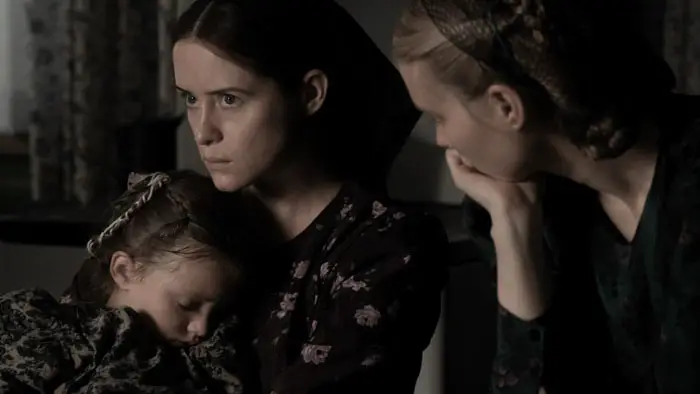
Photo credit: Michael Gibson
© 2022 Orion Releasing LLC. All Rights Reserved.
“The actors give it their all…”
The actors give it their all, showcasing their talents, despite the wildly fluctuating accents. Buckley is the standout, as tends to be the case. Spiteful and resentful, fragile and scarred, she leaves the strongest impression. Mara hides wells of pain underneath the calmest of exteriors, while Foy provides the counterbalance in an extroverted showcase of raw feeling. The solidarity among these women is palpable.
Polley attempts to tackle the issue from multiple angles – how male toxicity is passed down to helpless youth by their elders, for example – but ends up running in circles. All this talking and not much is said. Grandiose statements outweigh some admittedly sharp one-liners. But what solutions does the filmmaker offer? For women to cherry-pick boys aged 15 and under to be separated from the toxic pack and, um, re-educated? For women to flee? Perhaps the implication is that there is no solution, and the women are facing certain death – which still happens to be better than the torment they endure.
The mere fact that Women Talking got me rambling so much leads me to assume it achieves at least one of its goals. Yet all that beautiful speechifying to say nothing of substance, all that craft in service of a one-dimensional perspective that frankly demonizes all men, amounts to a case of potential wasted. Give this a watch for the prestige factor but be warned: it certainly lives up to its title.
Women Talking screened at the 2022 AFI Fest.
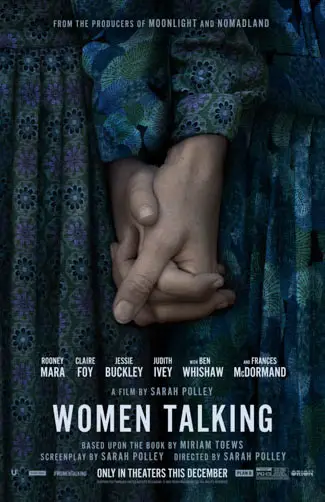
"…it certainly lives up to its title..."
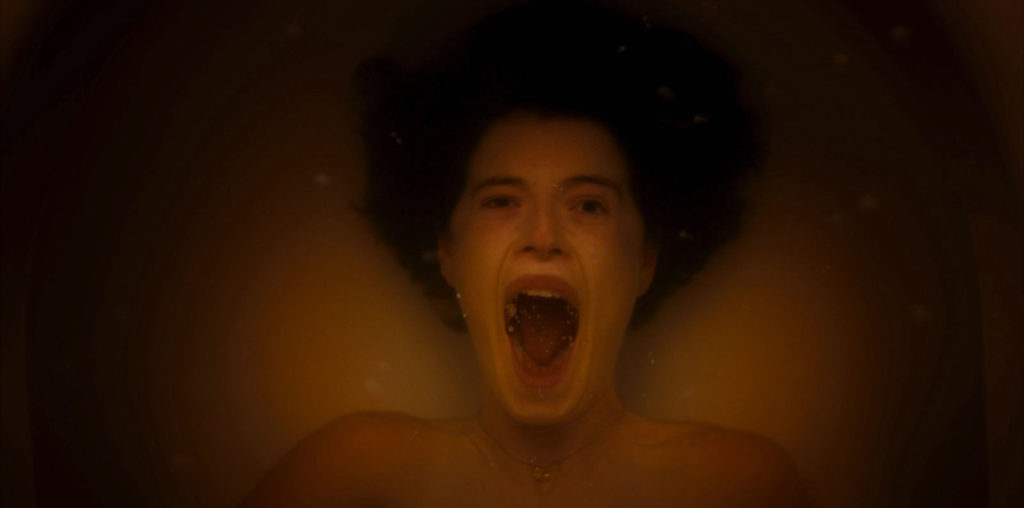
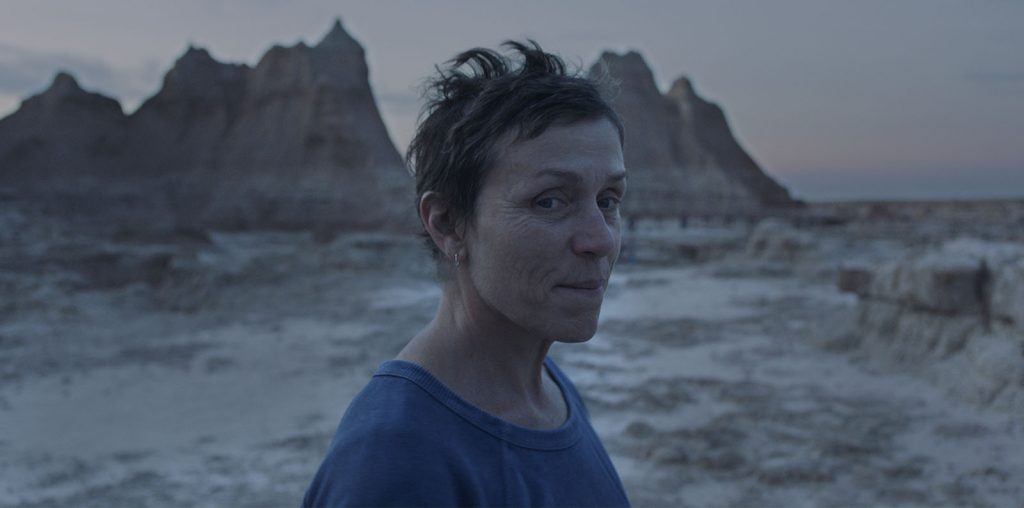
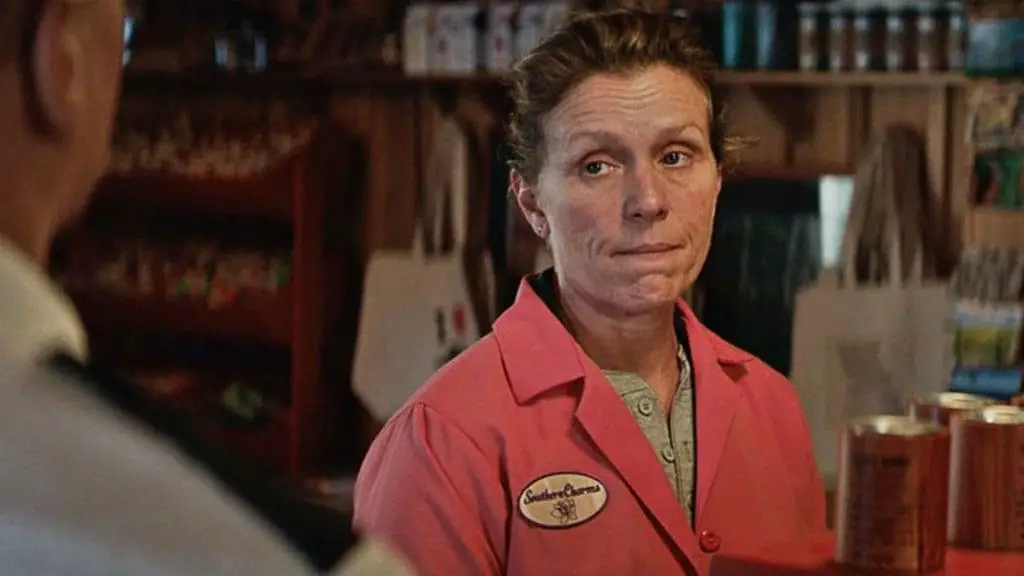
I am a woman!! And your review is spot on. What a dreadful movie. What a wasted cast. Love your description of August. Also might I add how tired I am of picking on these specific religious communities?? Can we just leave the Mormen, Amish and Mennonites alone?
Another “all men are bastards, except for soy cucks” movie. Tell me a movie isn’t made for me without telling. I’ll stay home and watch TOP GUN: MAVERICK again.